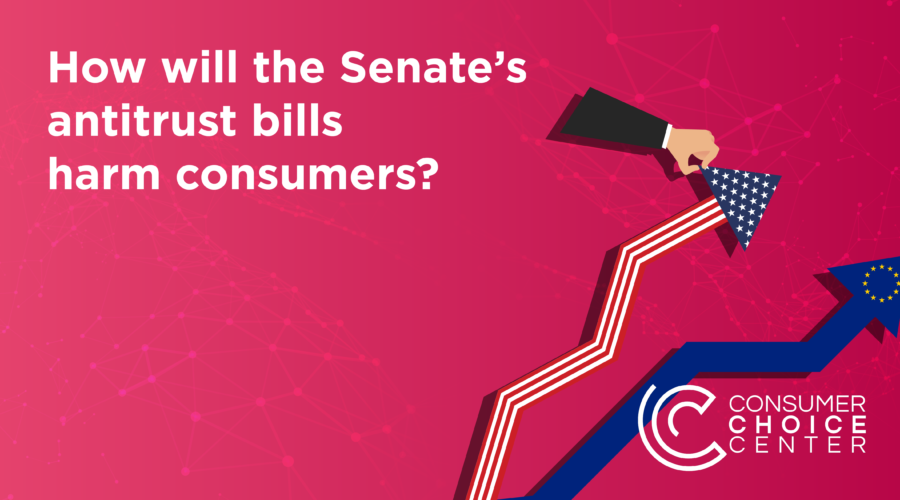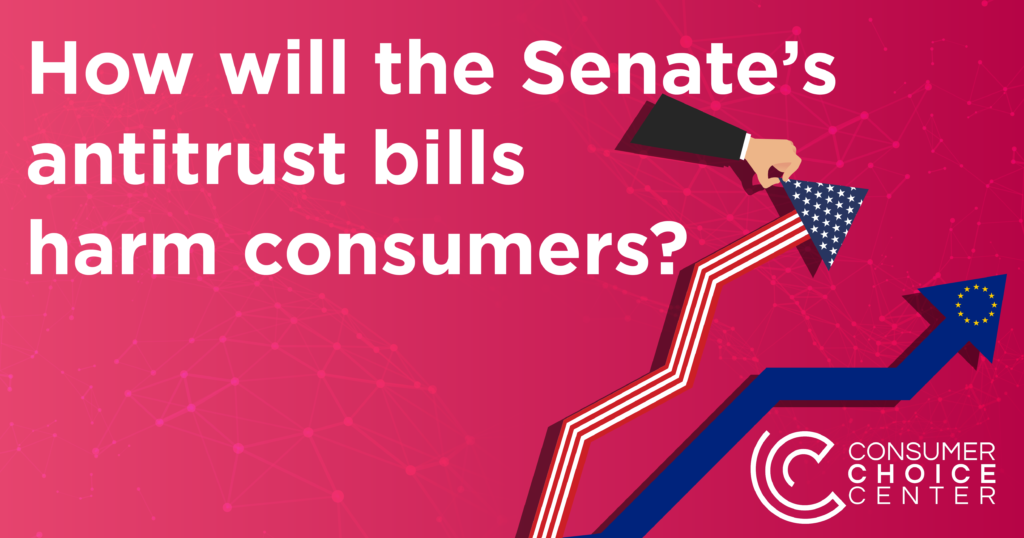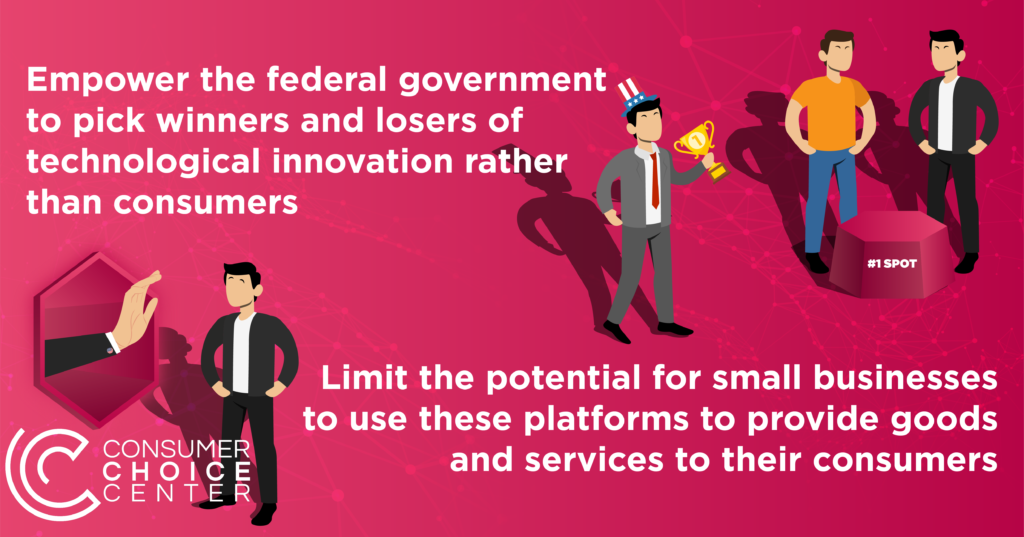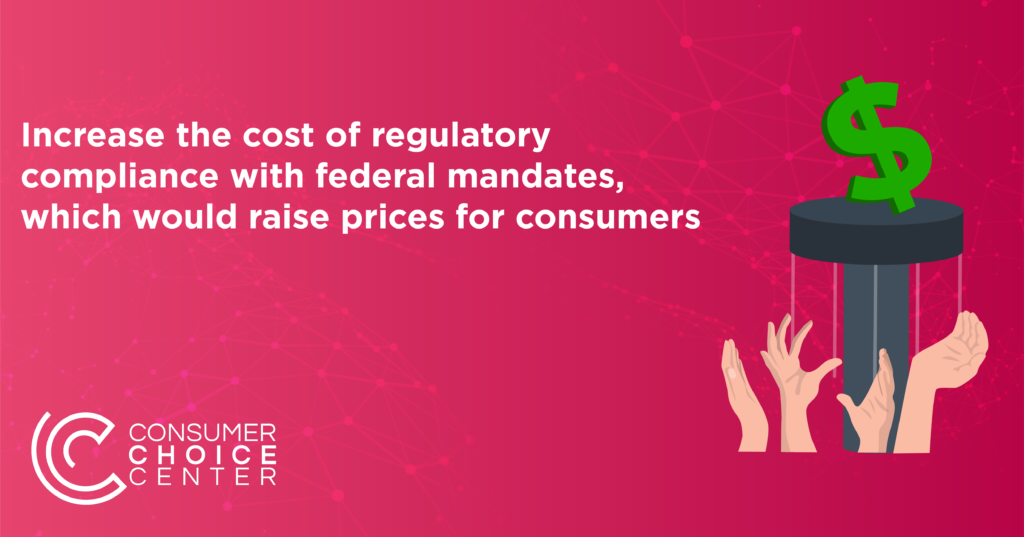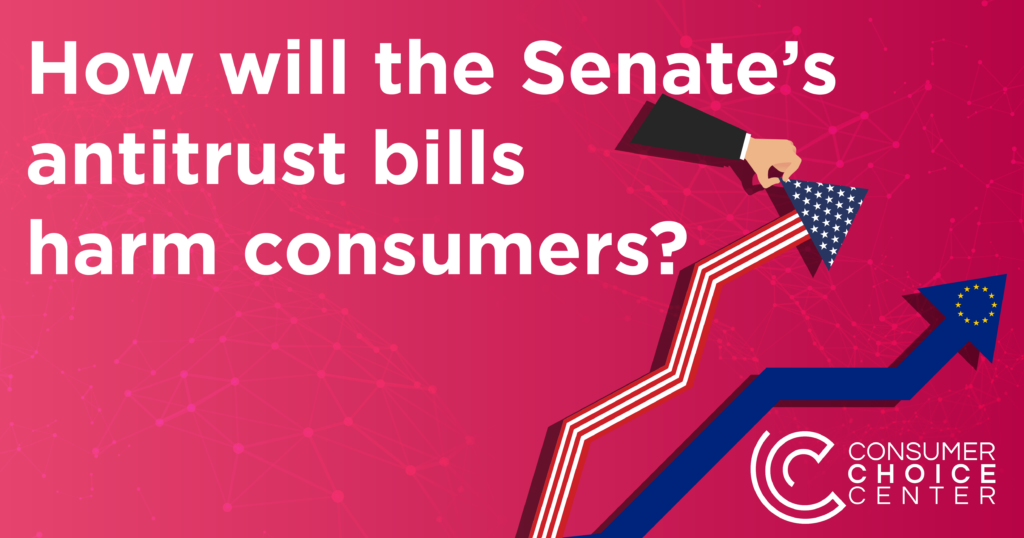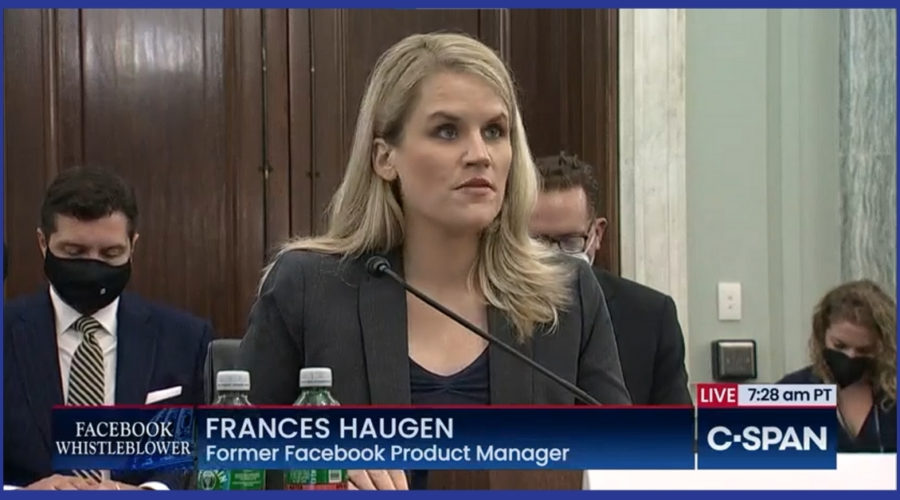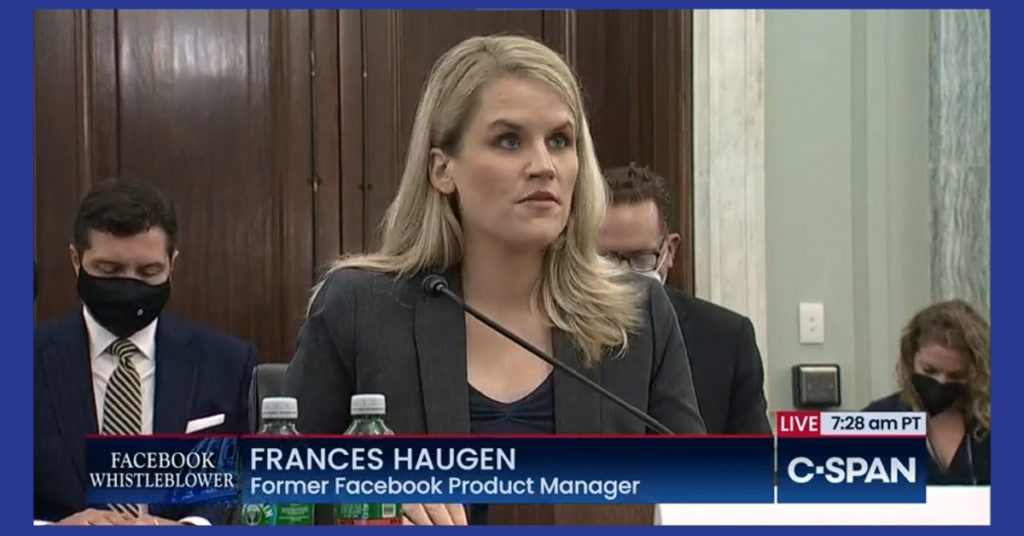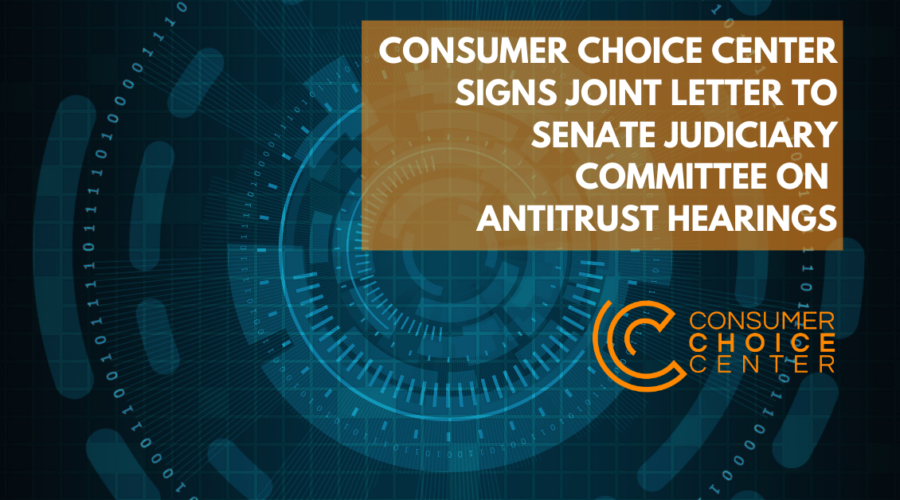Nancy Mace: The South Carolina Republican Who Could Deliver Legal Cannabis

During the Democratic presidential candidates during the 2020 election primary, the topic of legalizing cannabis federally was explicitly endorsed by virtually every candidate in the race, save Joe Biden.
Now that the Democrats have majority control of the House and Senate, Senate Majority Leader Chuck Schumer has pledged to end cannabis prohibition in the United States with his own bill, and some of his House colleagues have said the same.
However, the legislator who may actually deliver on serious cannabis reform won’t be a major Senate figure or even a Democratic heavyweight in either chamber. It may rest on the shoulders of one first-term Republican Congresswoman from South Carolina’s Lowcountry.
A BOLD REPUBLICAN
U.S. Rep. Nancy Mace, who was propelled “from Waffle House to the US House”, has already proven to be a unique lawmaker among the elite cadre of elected representatives in the nation’s capital.
As a single mother of two children and the first woman to graduate from the Citadel, a military academy, Mace has followed a more independent streak in her short tenure thus far in DC.
As the first Republican woman from South Carolina elected to Congress, she has already made her mark as a supporter of both LGBT and reproductive rights, a skeptic of US military interventions abroad, and was forthright in condemning President Donald Trump after the events of January 6.
Now, she has made waves among House colleagues and cannabis reform advocates for the States Reform Act, one of the most inspiring bills to legalize and regulate cannabis.
STATES REFORM ACT
The bill would amend the Controlled Substances Act to reschedule cannabis, regulate it like alcohol, would offer judicial reforms to nonviolent offenders charged with marijuana crimes, empower entrepreneurs to enter the cannabis space, and give powers to the states to effectively decide what the regulations on cannabis should be. It would also apply an excise tax of just 3%, the lowest of any cannabis bill that has been introduced into Congress.
This means Mace’s law both respects federalism by giving the ultimate say to states while recognizing the federal prohibition as no longer just. Added to that, it would immediately cease all federal prosecutions and cases for nonviolent defendants in cannabis cases, would remove these charges from nonviolent offenders who were convicted, and would use the revenue to support law enforcement and community investment.
With these elements of federalism, social justice, and entrepreneurship, this bill satisfies political advocates from both the left and the right, and could actually pave the way for a real solution to cannabis prohibition in our country.
The Reason Foundation has a great breakdown of the bill for those interested.
GATHERING MOMENTUM
Even though 68% of the country supports legalizing cannabis in a Gallup poll or as high as 91% from a Pew poll, the highest recorded number, there are still many obstacles. As one can imagine, Mace’s freshman GOP status won’t be enough to draw in significant Democratic support from her House colleagues to bring this to a vote, but there have been a great number of other key endorsements.
In January, Amazon — the second-largest company in the country — formally endorsed Mace’s bill. They are most concerned about how drug testing regulations are hampering their ability to hire workers.
The Cannabis Freedom Alliance, made up of advocacy organizations pushing for market-friendly cannabis reforms, (including the Consumer Choice Center), has publicly supported the bill. That also includes the justice advocacy organization of the Weldon Project and the Law Enforcement Action Partnership.
The Consumer Choice Center supports this bill because we believe it offers the most achievable and concrete changes that would introduce smart cannabis policy at the federal level, eliminating the black market, restoring justice, and giving the incentive for creative entrepreneurs to enter the marketplace. That would be a huge benefit to consumers.
When asked, some Democrats have been receptive to the bill, and they have committed to holding hearings, but thus far most of the momentum has been among advocates and in the media.
It was enough to also get the congresswoman recognized on Real Time with Bill Maher, not necessarily the most hospitable television program for Republicans. Maher, a long-time foe of cannabis prohibition, made the point that Democrats have dragged their feet on this issue, and it was time that the GOP would “steal this issue from the Democrats”.
All of that said, this is far from the most popular political issue in Mace’s home state of South Carolina. The head of the SC GOP has blasted Mace’s bill and any attempt to legalize recreational or even medical cannabis. A Republican primarily challenger, Katie Arrington, who lost the seat to Democrat Joe Cunningham in 2018, has already put together a video criticizing Mace’s stance on cannabis. It would seem this issue is sparking more controversy than others in South Carolina Republican politics.
Former Acting White House Chief of Staff Mick Mulvaney, also a former SC congressman, for his part, has written that the SC GOP is “ignoring the will” of voters in continuing to oppose medical cannabis in the Palmetto State.
However it falls, Congresswoman Nancy Mace has given something that all Americans could potentially benefit from. Her States Reform Act, if it can withstand the partisan dance in the nation’s capital, has some of the most positive reforms on cannabis that we have seen in over a decade.
That is something to celebrate, but it is only the beginning if we want to see true cannabis reform in our country.
Yaël Ossowski is deputy director at the Consumer Choice Center.

